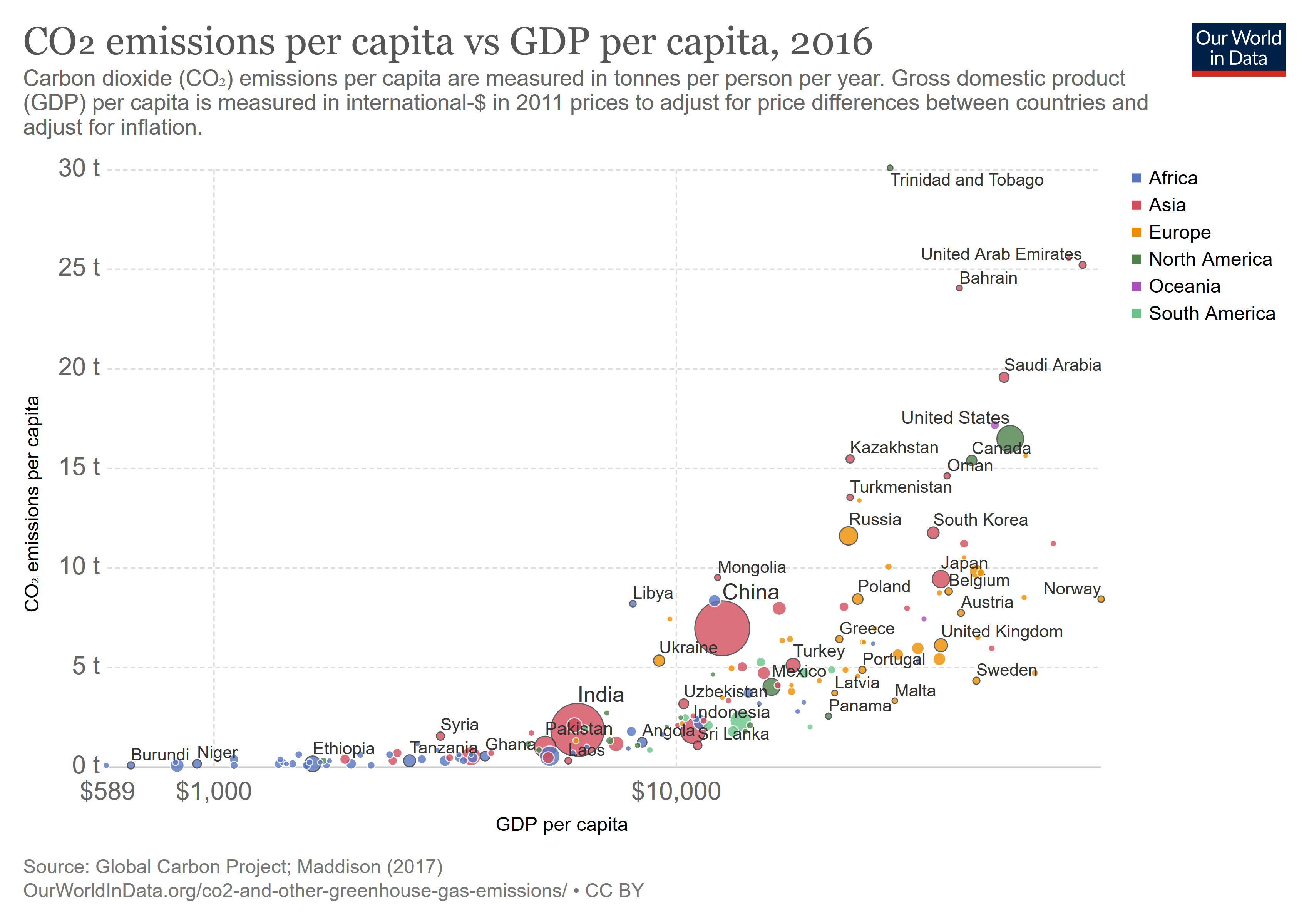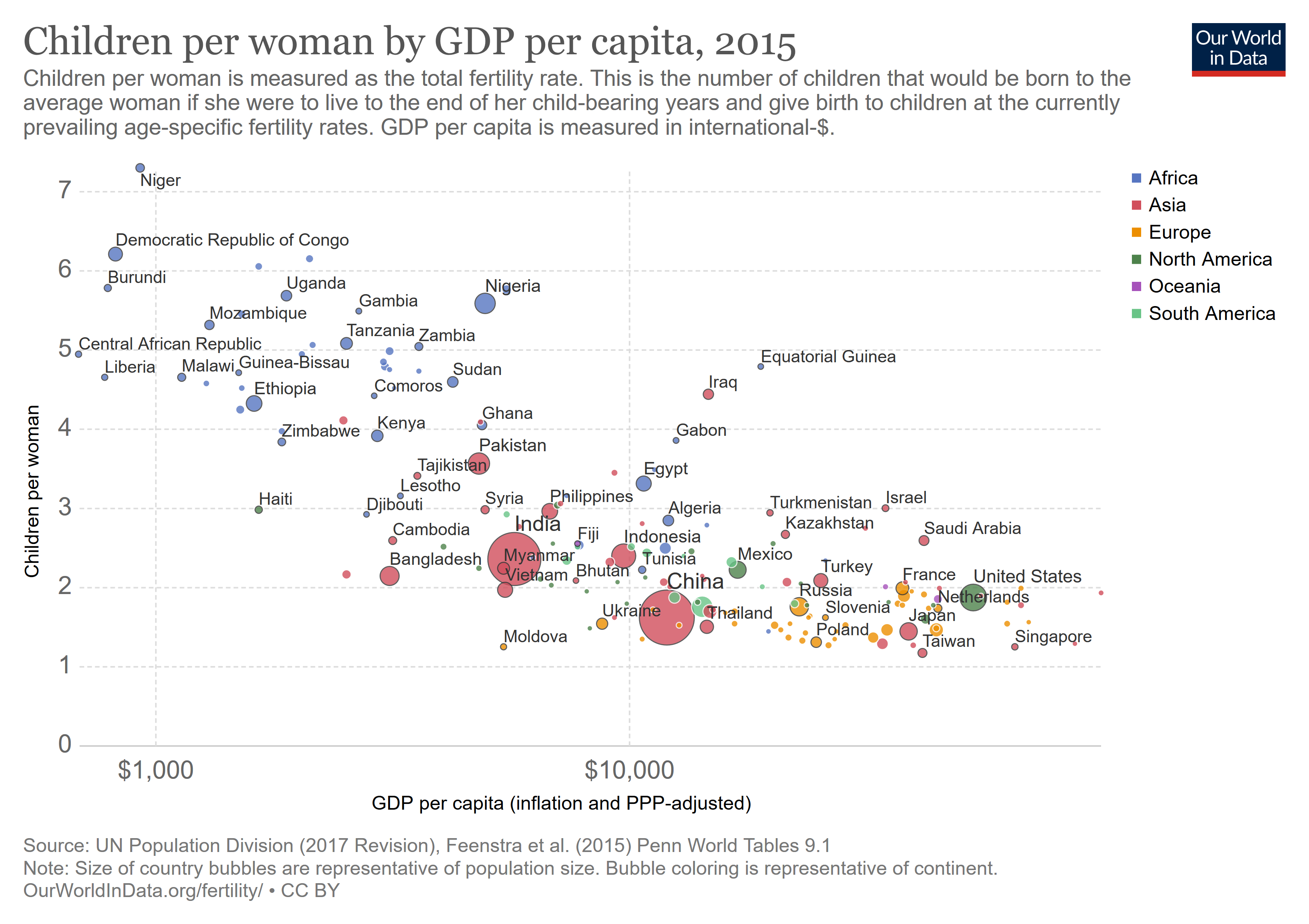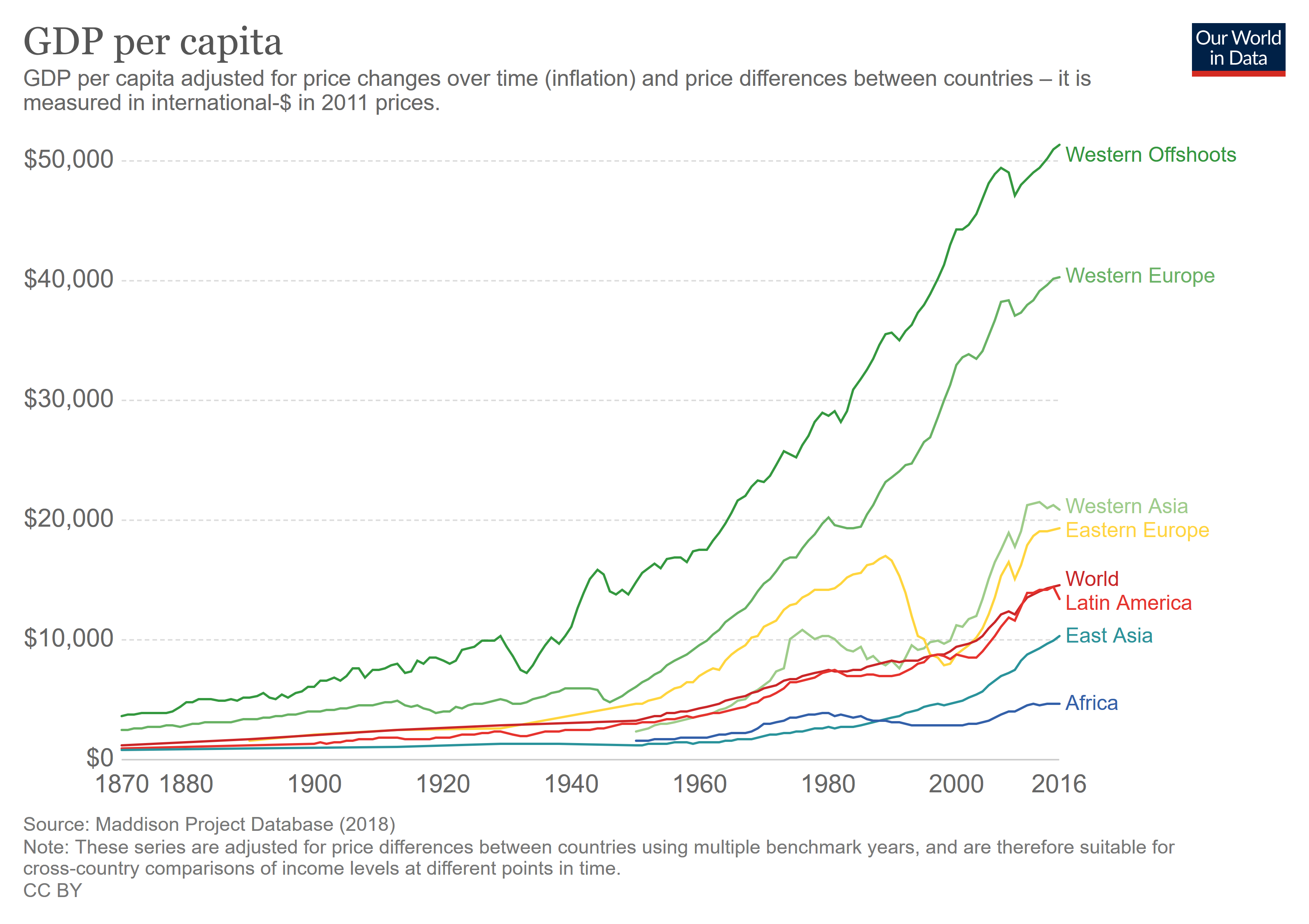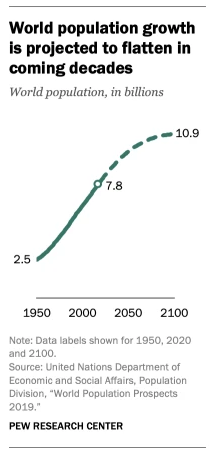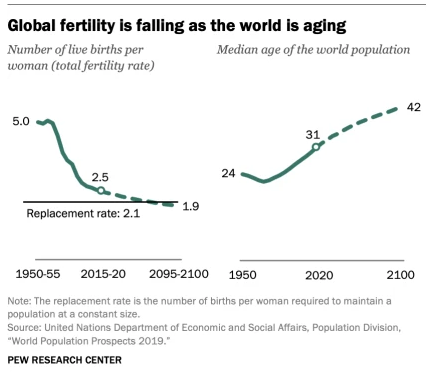We can shut down coal fired power plants, put solar panels on our roofs, but do we don't have any chance at beating (worldwide) population growth.
I think you already answered your question over there. What bad energy-related effects does population growth have if the energy is produced by solar panels? The answer is: none.
Some could say well you can't produce solar power at night, and supergrid is way too expensive to transport electricity from the other side of the Earth. That's true, but then again solar power can be stored as synthetic hydrogen, synthetic methane, synthetic methanol, even synthetic gasoline/diesel. No batteries required. No lithium / cobalt required.
Feeding the population with animal meat would of course be another question, but who says we must use animal meat? I have tasted a number of plant-based meat substitutes and they are pretty good nowadays.
If current predictions about this growth come true, it seems to me we don't stand any chance at keeping up with power demand, even with all (fossil fuel and other) plants firing at maximum capacity.
You fail to understand exponential growth. Solar power is an exponential technology. If the population becomes bigger, there are more workers to construct power plants (hopefully clean) so exponential growth is possible. The growth rate of solar is exponential and doubles much faster than fossil fuels. Eventually, we reach the point where worldwide there will be more solar installations than fossil fuel installations.
The cost of solar is falling exponentially, too. Eventually, we reach the point where the solar panel is cheaper than the structure it is standing on! (Not considering the inverter; but then again solar PV can directly feed hydrogen-producing electrolysis cells with no inverter.)
Solar PV will revolutionize electricity production. We must find good uses for electricity that will be most of the time extremely cheap, sometimes even free. The only question here is how much time it takes until solar PV displaces coal. At that point, worldwide carbon dioxide emissions will essentially stop. So the cumulative emissions will be dependent on: (1) how quickly they grow in the meantime, (2) when will be the time they abruptly stop.
So my question is: do we stand any chance at getting through the next 50 years without most of our earth's human population dying? Obviously power demand is not the only issue here, it just seems to be the most urgent to me at this time and in the near future.
Yes, we have a very good chance. Climate change if gone wrong won't kill most of earth's human population in 50 years (it may have bad effects on a timescale of 100 years, though). Fortunately, the falling costs of solar power are going to give fossil fuels a hard time to compete.
Right now the largest threat may be the decline in insect counts worldwide. It could have bad effects on global food production. It is probably caused by too much land being used for agriculture.
